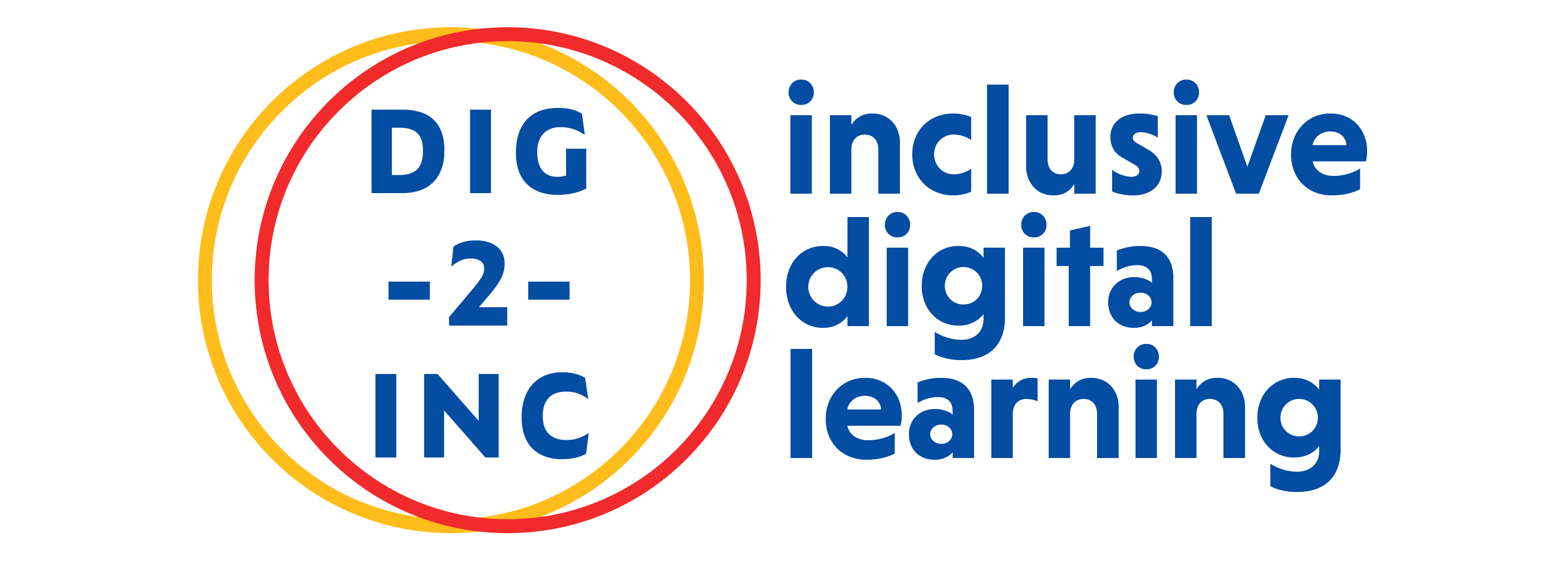Digital Inclusion for marginalized students: NOCIES research seminar explored solutions
In a recent online seminar organized by the Nordic Comparative and International Education Society (NOCIES), Mikko Grönlund, a Research Manager at the Finland Futures Research Centre, presented the DIG-2-Inc project. This Erasmus+ initiative focuses on improving digital inclusion for marginalized groups in higher education. The seminar attracted educators and researchers of the NOCIES community keen to tackle the challenges faced by low socio-economic status (low-SES) students in the digital learning environment.
The DIG-2-Inc project, which is funded by a €400,000 grant, will run for three years from September 2022 to August 2025. It aligns with the EU Digital Education Action Plan and aims to equip low-SES students with essential digital skills. “Our goal is to promote inclusion through innovative educational resources and practices,” Grönlund stated.
Experiences of exclusion differ across countries
The seminar outlined the project’s objectives, which include enhancing digital literacy among marginalized groups, promoting digital tools for social inclusion, and developing educational resources to support diverse learning environments. It emphasized the importance of collaboration across European institutions, detailing the project consortium that includes universities from Finland, Romania, Bulgaria, Italy, and France.
A key feature of the seminar was the discussion on the challenges identified through a comprehensive mapping study. This study explored the social circumstances contributing to feelings of exclusion among low-SES students. Experiences of exclusion vary significantly across national and institutional contexts. Factors such as high tuition fees, financial strain, and social isolation were highlighted as significant barriers to access and retention in higher education.
“Many students are balancing financial obligations that hinder their academic progress,” Grönlund explained. Additionally, the transition from supportive pre-academic environments to the challenges of university life can be particularly daunting, especially for older students with additional responsibilities. The seminar also highlighted how the COVID-19 pandemic intensified feelings of isolation and disrupted relationship-building among students.
New e-training course improves teachers’ competencies for student inclusion
To tackle these challenges, a range of solutions was presented, including the development of an Inclusive Digital Learning Experience Platform. This platform, which will be available in the near future, will feature an e-course for teacher training, aimed at enhancing educators’ skills in delivering inclusive online education. One of the project’s key objectives is to equip university staff with the tools necessary to create engaging and supportive learning environments for low-SES students. The e-course includes modules on inclusive strategies, digital learning tools, and assessment methods tailored for diverse learners. Participants will have access to resources in multiple languages, ensuring wide reach and accessibility.
Another important aspect of the project involves creating micro-credentials to recognize the digital competencies of students. These credentials will help validate the skills that students acquire, promoting their employability and confidence in the digital landscape.
As the DIG-2-Inc project progresses, its findings and resources will be disseminated widely to ensure that other institutions can benefit from the insights gained. The commitment to enhancing digital inclusion for marginalized groups is not just an educational challenge but a societal imperative that aims to create equitable opportunities for all students in the evolving landscape of higher education.
For further information about the DIG-2-Inc Erasmus+ project, interested parties can browse the project website or contact the researchers directly via email.

